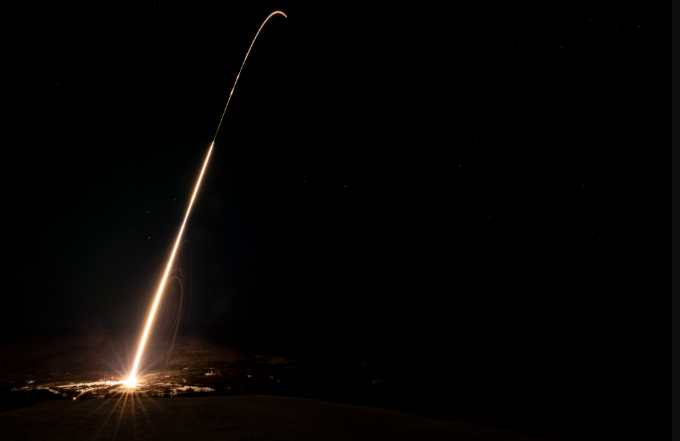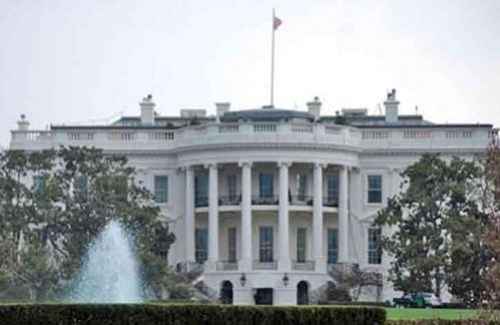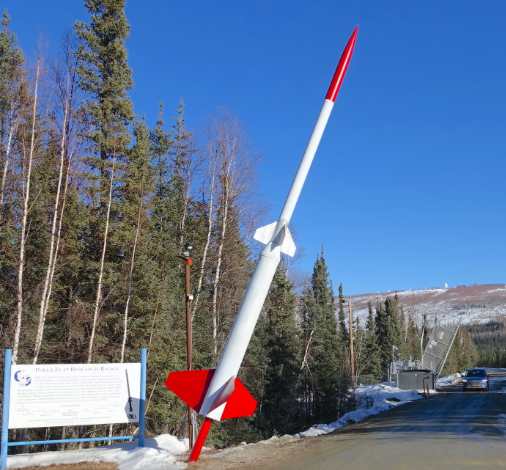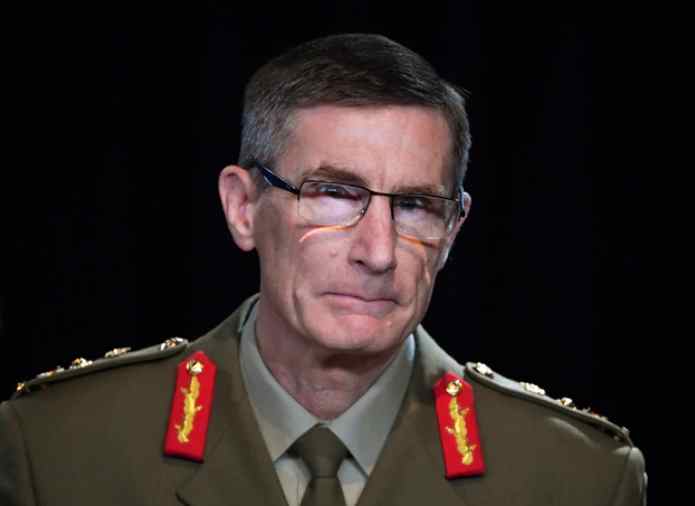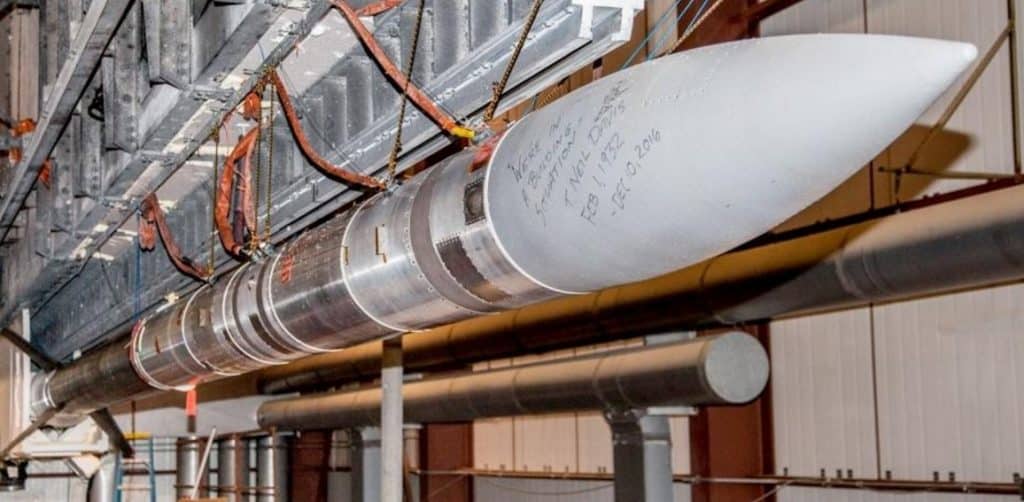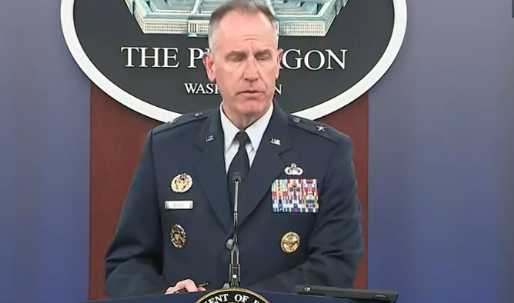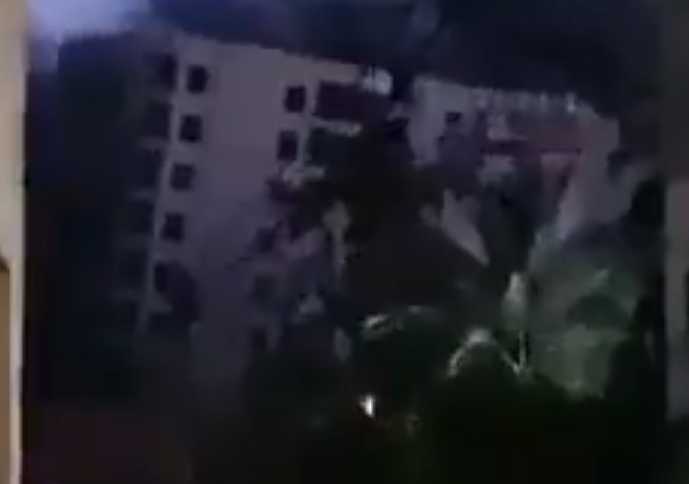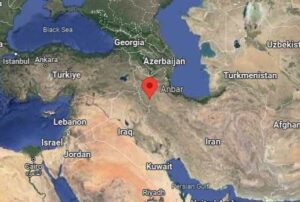
Washington — The United States accused an Iranian-backed militia of carrying out a rocket attack on a U.S. air base in Iraq that injured seven people, two of whom had to be evacuated for additional medical treatment.
“We’re sure that it was an Iranian-backed Shia militia group,” U.S. Defense Secretary Lloyd Austin told reporters Tuesday during a news conference in Annapolis, Maryland, with Australian officials.
“Specifically which group, we’re still investigating,” he added.
U.S. officials had previously said two rockets slammed into the al-Asad air base in western Iraq during Monday’s attack, wounding five service members and two contractors.
Despite the need to evacuate two of the injured, officials said all seven were in stable condition.
Earlier Tuesday, the Iraqi military said in a statement that it had found the truck and rocket launcher used in the attack in the nearby town of Haditha.
It also said it was getting closer to finding the perpetrators.
“They are currently being pursued to bring them to justice,” the statement said.
The attack came as much of the region has been on edge, awaiting a possible attack by Iran and its proxies against Israel in retaliation for the killing of senior members of the Iranian-backed Hezbollah and Hamas terror groups.
Austin, though, declined to comment on media reports that Iran’s reprisal might be imminent.
“I’m not going to speculate on any Iranian actions going forward,” he said. “What I’ve been focused on is making sure that we’re doing everything we can to put measures in place to protect our troops, and also make sure that we’re in a good position to aid in the in the defense of Israel if called upon to do that.”
Austin announced Friday that the Pentagon was sending additional warships, an aircraft carrier strike group, and additional fighter jets to the region to prepare for an Iranian attack, as well starting preparations to send land-based missile defense capabilities, if needed.
Speaking alongside Austin on Tuesday, U.S. Secretary of State Antony Blinken urged all parties in the region to seek calm.
“It is manifestly in the interests of everyone involved to avoid escalation, to avoid the conflict spreading,” he told reporters.
“I believe that actually no one wants escalation, no one wants to see the conflict spread,” Blinken added. “But it’s very important that no one takes steps that could lead to that, even if it’s unintended.”
Some U.S. partners in the Middle East appear to be heeding that call.
In its statement Tuesday, the Iraqi military condemned the rocket attack on the al-Asad air base as irresponsible.
“We reject all reckless actions and practices targeting Iraqi bases, diplomatic missions, and the whereabouts of the international coalition’s advisers, and everything that would raise tension in the region,” the Iraqi statement said.
Iraq hosts about 2,500 U.S. troops tasked with advising and assisting Iraqi forces as they pursue the remnants of the Islamic State group, also known as ISIS, or Daesh.
But Iraq is also home to numerous Iranian-backed militias, some of which have been consulting with Tehran about the anticipated retaliation against Israel.
Additionally, there has been periodic tension between Washington and Baghdad.
The U.S. and Iraq have been engaged in recent, ongoing talks to eventually end the anti-IS mission and transition to what officials have described as a bilateral military partnership.
Some information from Reuters was used in this report.
[content id=”52927″][content id=”79272″]

